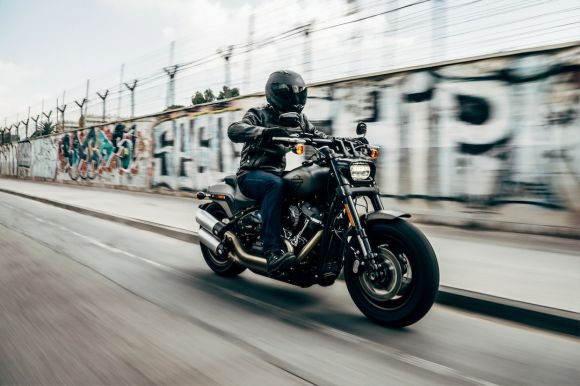Obtaining a motorcycle license is an exciting step towards the freedom and thrill of riding on two wheels. However, before hitting the open road, it is crucial to develop and hone the essential skills necessary to ensure a safe and enjoyable riding experience. In this article, we will explore the key skills required to obtain a motorcycle license.
Mastering the Basics
Before venturing out into traffic, it is essential to master the basics of motorcycle operation. This includes familiarizing yourself with the various controls, such as the throttle, clutch, brakes, and gears. Understanding how these components work together is fundamental to ensuring a smooth and controlled ride.
Balance and Control
Maintaining balance and control is crucial for any motorcyclist. One of the first skills to develop is the ability to balance the motorcycle while stationary and at low speeds. Practicing this skill in a safe and controlled environment, such as an empty parking lot, can help build confidence and improve overall control.
Effective Braking
Braking is a critical skill that must be mastered to ensure safety on the road. The ability to brake effectively will allow you to slow down and stop quickly when needed. Learning to apply both the front and rear brakes correctly is essential, as each contributes differently to the overall braking performance.
Cornering Techniques
Cornering is another essential skill for motorcycle riders. Proper cornering techniques involve adjusting your body position, leaning into the turn, and smoothly transitioning between accelerating and decelerating. Understanding how your body and motorcycle work together during cornering will enhance your confidence and control on the road.
Observation and Awareness
Being observant and aware of your surroundings is vital for all motorcyclists. Constantly scanning the road ahead, checking your mirrors, and anticipating potential hazards will help you make informed decisions and react quickly to changing conditions. Developing these observation skills is crucial for safe and defensive riding.
Traffic Rules and Regulations
Having a solid understanding of traffic rules and regulations is a must for any aspiring motorcyclist. This includes knowing the right-of-way, speed limits, signaling, and lane positioning. Familiarizing yourself with these rules will not only help you pass the licensing exam but also ensure that you are a responsible and law-abiding rider.
Risk Management
Motorcycling inherently carries some level of risk, and it is important to be aware of these risks and how to manage them. This includes wearing appropriate safety gear, such as a helmet, gloves, and protective clothing, as well as practicing defensive riding techniques. Being proactive in managing potential risks is crucial for staying safe on the road.
Practical Riding Experience
Lastly, gaining practical riding experience is essential for obtaining a motorcycle license. While studying the theory and practicing the necessary skills is important, there is no substitute for actual on-road experience. Taking part in supervised training courses and logging sufficient hours of riding time will enhance your abilities and confidence as a motorcyclist.
In conclusion, obtaining a motorcycle license requires the mastery of several essential skills. From mastering the basics of motorcycle operation to developing balance and control, effective braking, cornering techniques, observation skills, and understanding traffic rules and regulations, each skill plays a crucial role in ensuring safety on the road. By continuously honing these skills and gaining practical riding experience, you will be well-prepared to obtain your motorcycle license and embark on the exhilarating journey of two-wheeled adventures.
